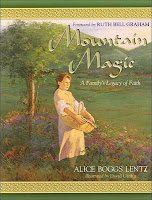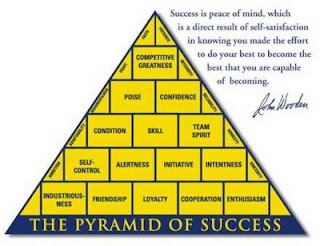
Kids live for music. There is never a day that they don’t listen to music. BUT, we rarely use it as part of our educational program in intermediate classes. Many teachers in the primary grades use songs to teach letters, words, numbers, and counting. For some reason though, we rarely see it in 4-8 classes. And, interestingly enough, this is the time when music begins to play a major role in our students’ lives.
Turn that down!
Can I have some money to buy Rhianna’s CD?
Where's my IPod?
That video is not appropriate, Emily.
How can you do your homework with that music up so loud?
Dad, change that station.
Will you give me money to get tickets to go see Pink?
All of this was said in the last few days in my house. Do you ever hear similar comments? Yet even though we know that music is totally intertwined in our lives, we rarely integrate it into the curriculum. So,
we are singing as part of Reading Workshop.
Each day for 10 minutes (usually two songs), lyrics are shown on the wall using the projector. Music is played and students sing along, reading the lyrics as they sing. Every week, we sing at least one new song. As students get too familiar with a song, they know all of the words, so they stop reading. Changing songs is important to keep students reading. It also helps with vocabulary instruction. With each new song, there are new words to learn and discuss.
The best part of singing in reading class though, is how it helps academic achievement. When students read fluently, the ability to comprehend increases dramatically. Conversely, when students fight to read each word, starting and stopping, and starting again, comprehension decreases dramatically. We have all listened to a student read, struggling with each word, never reading a sentence through, and wished we had a magic bullet. We know if we could just get him to read fluently, he would have a better chance of understanding what he reads.
As we know, there is no magic pill, to cure all ailments. However, with modeling, and repeated readings, we can significantly increase fluency. In fact, primary teachers use this daily. Adolescent learners will quickly turn us off though, if we try to read as a class every day. This just wouldn’t be “cool.” This is where singing plays an important role in the language arts classroom. Singing their favorite new hit is most definitely “cool.”
The available evidence provides reliable, scientific evidence of the positive impact of repeated readings on a variety of reading tasks and outcome measures. These studies also indicate that engaging children in repeated readings of a text is particularly effective in fostering more fluent reading in children who are struggling to develop proficient reading strategies.
What better way for repeated reading than through singing?


















